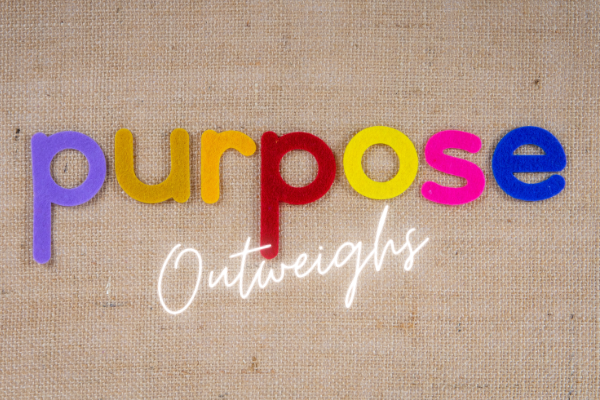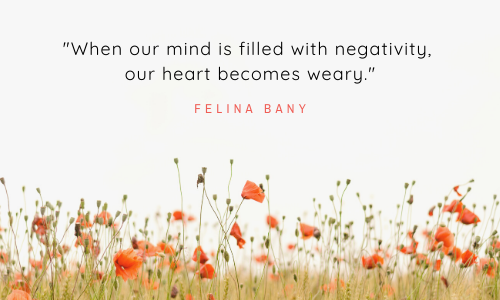If you judge people, you have no time to love them,” said Mother Teresa. It is one of my favourite quotes and one that I have to remind myself often when relationships are difficult.
It contains in it a powerful transforming truth. It is easy enough to understand but hard to practice. However, if we take it to heart and pursue it sincerely, it is able to change our struggling relationships at home, in our church and with our friends to more positive and happier ones. It can be the antidote to much of our negativity about people.
Judging people is evaluating people by our standards and expectations. And somehow judging and loving people don’t go together, no matter how much we want to believe otherwise.
That is why when God decides to love us, he gives up judging us. I know Scriptures say God is the eternal judge who will ultimately judge humanity for how we live on earth. But if we are the recipients of God’s love, we have been spared of judgement. We have to choose between God’s love and judgement. And if we choose love, we will not be judged for our sins and failures. We will only be judged for reward.

Likewise, when we choose to love someone, we have to give up on judging them. Often when we are judging people, we try to convince ourselves that we are doing it for their good. In other words, our very judgement is an act of love. With that logic, we judge the people we are supposed to love. This is simply not true.
Judging the people we are supposed to love is not loving them.
When we judge someone, we inevitably come up with a list of things that we don’t like about them or we are upset with. At that moment, they seem undeserving of our acceptance, and to communicate our disapproval, we change our behaviour towards them.
Judging has no meaning in itself unless it is empowered through our actions. So we withhold love. To withhold love, we suspend our kindness, patience, gentleness, trust and perseverance. We become self-seeking, easily angered and dishonouring, and often we say unkind words. But by withholding love, we inflict pain in our relationships. Parent-child, husband-wife, friendships, and many more relationships are often victims of this.
There is great pain in relationships when love is withheld. People we truly care about suffer hurt when we cut them off from our love even for a while. For love to achieve what God created it to do, it cannot expand and shrink according to whether people are meeting our expectations. Love has to be unconditional.
There is nothing wrong with expectations. It is natural to have expectations in relationships. The closer people are to us, the more expectations we have of them. But people closest to us often don’t meet our expectations. Our natural feeling is one of disappointment when this happens. But disappointment must not lead to the withholding of love.
Tying love to meeting expectations is problematic.
God also has great expectations of us. He has put a lot of potential within us and is heavily invested in our wellbeing and success. We often fail to meet God’s expectations; sometimes to be who we are created to be, sometimes to do what we are called to do. Sometimes our failures are harmful to us, they hurt us or set us back in life. I am sure it breaks the heart of God when this happens. Yet, God does not judge us nor withhold his love from us when we don’t meet his expectations.
For better relationships, we need to manage our expectations. We may even need to change our expectations. We need to give people the freedom to be who they are and to choose how they live. And yes, even the people closest to us like our spouse and children have that right. They too have the right to decide who they are. Our role is to love them unconditionally.

We will struggle with unconditional love unless we truly believe in its power for good.
For us to appreciate the goodness of unconditional love, we need to meditate on God’s love for us. Unconditional love is truly transforming. It is the healing balm for wounded souls. In a world that is increasingly exhausting emotionally and gruelling mentally, unconditional love is the fresh air that we are all gasping for. It gives us courage and emboldens us to continue dreaming and working towards the better version of ourselves.
So as we seek happier and more positive relationships, let’s work harder to love more unconditionally!























